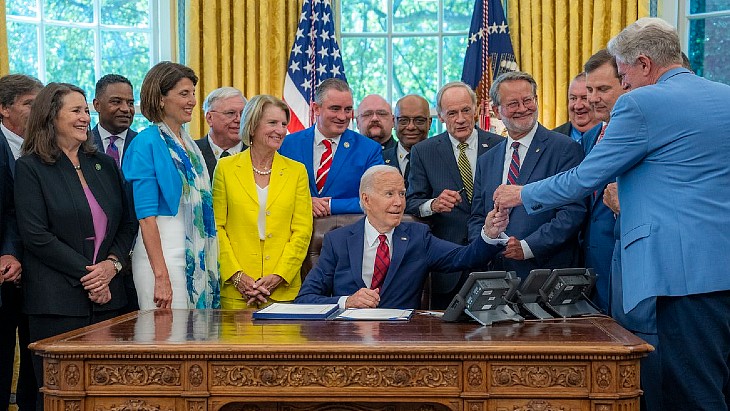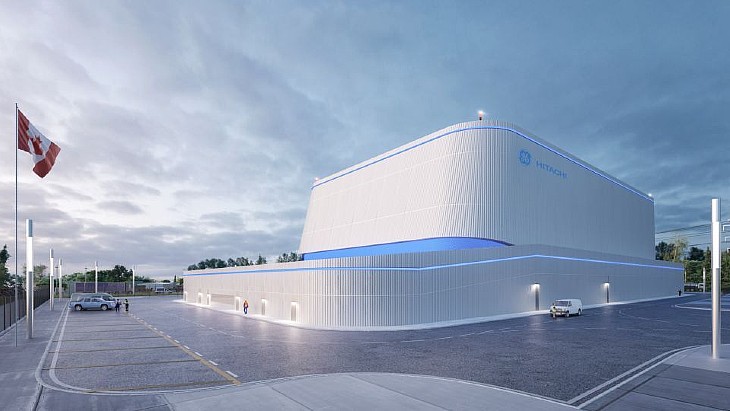No increase in Tihange 2 hydrogen flakes
.jpg)
Tihange 2 and Doel 3 were taken offline in 2012 when ultrasound testing suggested the possible presence of cracks in their reactor vessels. Further investigations indicated that the defects were so-called hydrogen 'flakes' and had been introduced during the manufacturing process. FANC allowed Electrabel - a subsidiary of French utility Engie - to restart the units in May 2013, requesting that further tests be conducted to evaluate the effect over time of these flakes. In March 2014, Electrabel brought forward planned outages for the two units after additional tests on hydrogen flakes suggested these may affect the mechanical properties of their reactor vessels. These outages were originally expected to last about six weeks, but the reactors were subsequently kept offline.
In mid-November 2015, FANC approved the restart of the two units after concluding it was safe to bring the reactors back into operation. It concurred with Electrabel's finding that the flakes "have no negative impact on the reactor vessel's structural integrity". Tihange 2 was eventually restarted on 14 December that year.
In September, the Court of First Instance in Brussels ruled in favour of FANC's 2015 decision to allow Tihange unit 2 to restart. Plaintiffs from Germany, the Netherlands and Luxembourg had sought to have the regulator's decision annulled.
Since the restart of Tihange 2 and Doel 3 in 2015, Electrabel has been required to regularly check that no new hydrogen flakes have appeared and the existing flakes had not increased in size.
FANC announced yesterday that a follow-up inspection carried out last month during a planned outage of Tihange 2 showed that "slight variations can be observed in the measurement results, but these are specific to the measurement method". It added the result is within expectations, because the same conclusions emerged from previous inspections in 2017.
"No growth was observed in the size of hydrogen flakes already detected in the reactor vessel of Tihange 2," it said. "No new hydrogen flakes were added either." Based on these results, the regulator said it has no objection to the restart of Tihange 2.
The 1008 MWe (net) pressurised water reactor is scheduled to be permanently shut down in February 2023 as part of Belgium's nuclear phase-out policy.










_88592.jpg)

